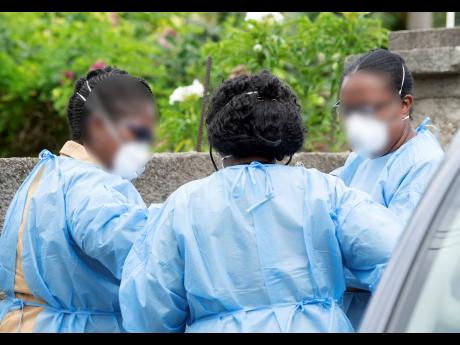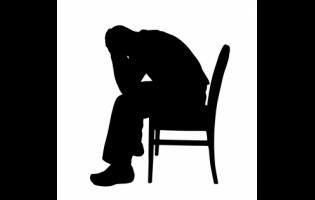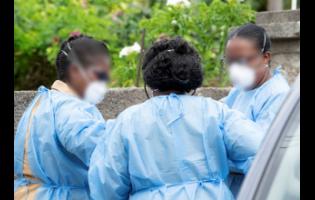Check-Up: Questions about COVID-19
Dear Readers,
It seems it’s all about the COVID-19 pandemic at this time. Several people have shared their fears and concerns with Check Up, and we have answered their queries:
Question: If a person doesn’t have symptoms, can they still pass the corona on to others?
Answer: Sadly, the answer is yes!
n People can be infective before they manifest any symptoms during the 14-day incubation period before presentation with symptoms.
n They can also remain totally asymptomatic but be infected with the virus, and can still pass on their infection to others.
n We are still unsure about for how long the Sars-2 coronavirus-positive patient remains infective after seeming to recover from the symptoms. It could be from days to weeks The only way to be sure is with actually obtaining several negative tests from the previously positive person.
Question: Why am I to phone the emergency number instead of visiting my GP?
Answer: (Actually, you are being encouraged to call both the ministry and your GP.) Your GP will need to prepare for your possible visit ahead of time so that you don’t pass on the infection on to the other patients attending their office, their staff, or the doctor. The doctor will give you guidance over the phone. If you have flu symptoms, then stay home. Take cough and fever medication as well as vitamin C and omega-3 medicine. Increase your fluid intake and rest. Keep yourself isolated in one room for the time being. You can call your GP daily to discuss your condition to help you to know if you are well or if you need to alert the Ministry of Health and Wellness to a more real possibility of the illness, such as developing shortness of breath.
Question: When will the coronavirus pandemic be over?
Answer: We don’t know. One module puts the possible peak of infection in Jamaica sometime in June, but the information changes daily. It could be tailing off in August, but this is unsure. The efforts in place at this time seek to flatten and broaden the curve of the infection, allowing it not to suddenly rise up, but to affect fewer persons at any one time. This way, the health services will be able to cope with the strain put on it by the very ill patients. This might mean that the disease stays at a higher but more manageable number for a longer time, instead of overwhelming the health services all at one time. This will allow better care for everyone.
Question: I am 22. It seems like I’m not at any real risk, so why the handwashing and sanitising routine for me?
Answer: You have parents, grandparents, older teachers, pastors, uncles and aunts, sick and disabled, the elderly, friends who are diabetic or have high blood pressure or cancer, HIV. This group of people is at an increased risk of suffering really bad outcomes if they get this illness from you. Up to 15 per cent of them could be very ill, and even threaten their lives!
Wash your hands and sanitise often for them!
Question: I’ve been sneezing and have sore throat. Could this be coronavirus?
Answer: Very unlikely! Unless you’ve directly been in touch with someone with proven coronavirus or have a history of recent travel to or from a travel- restricted country, you probably have nothing to fear. This is very unlikely to be the COVID-19 infection. Practise social distancing, which is allowing for at least three feet between yourself and others when in the company of others. Wash your hands very often until you feel better. Take an over-the-counter anti-histamine for the sneezing and cold.
Remember, no fever, no COVID-19. If necessary, get a thermometer and take your temperature daily as soon as you wake up in the morning, before putting anything else in your mouth like hot tea!
Symptoms of COVID-19 include fever, cough, shortness of breath, diarrhoea, sore throat and lethargy.
Write Check Up: PO Box 1731, Kgn 8. Email: arnaj56@gmail.com






































